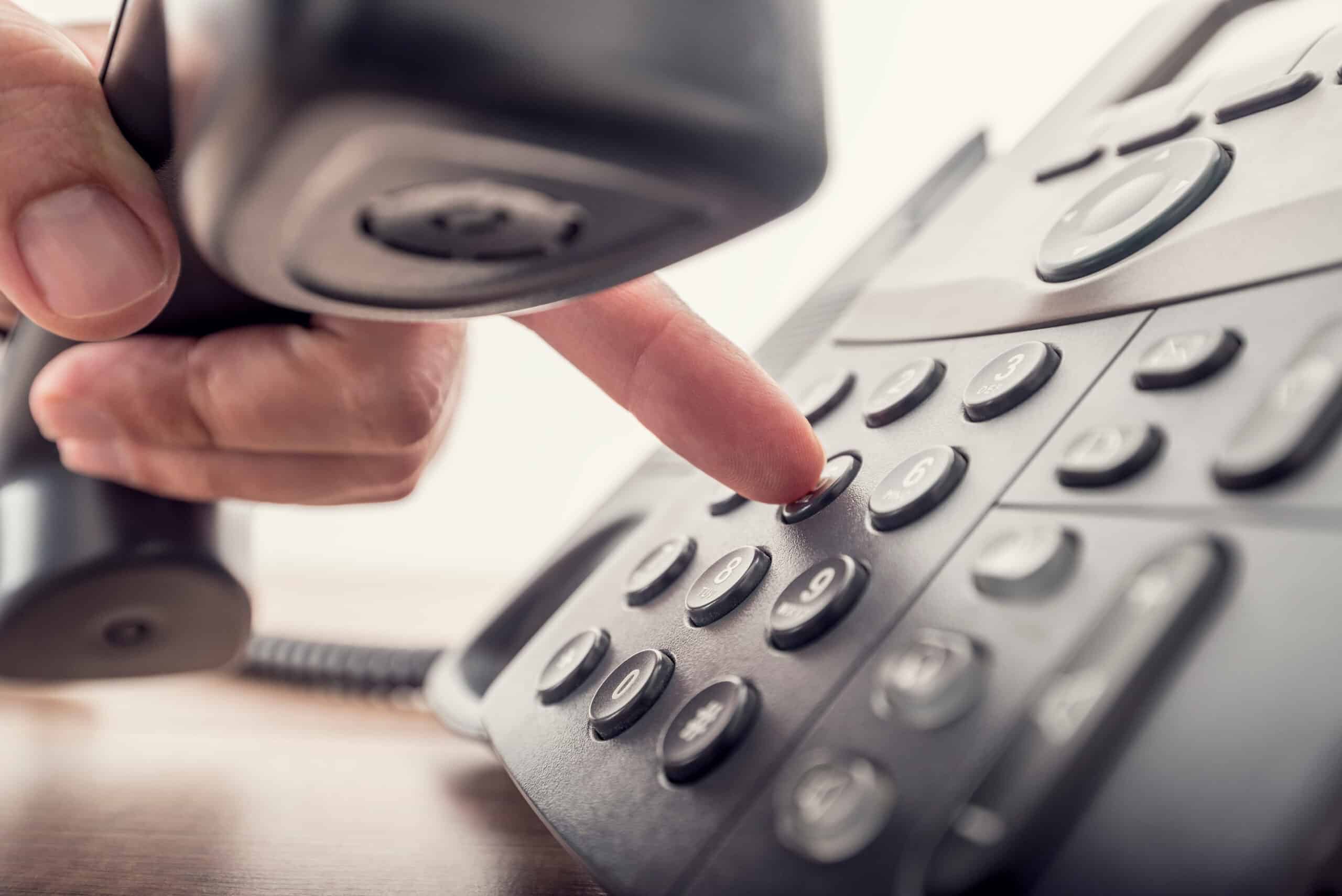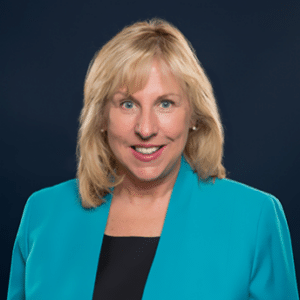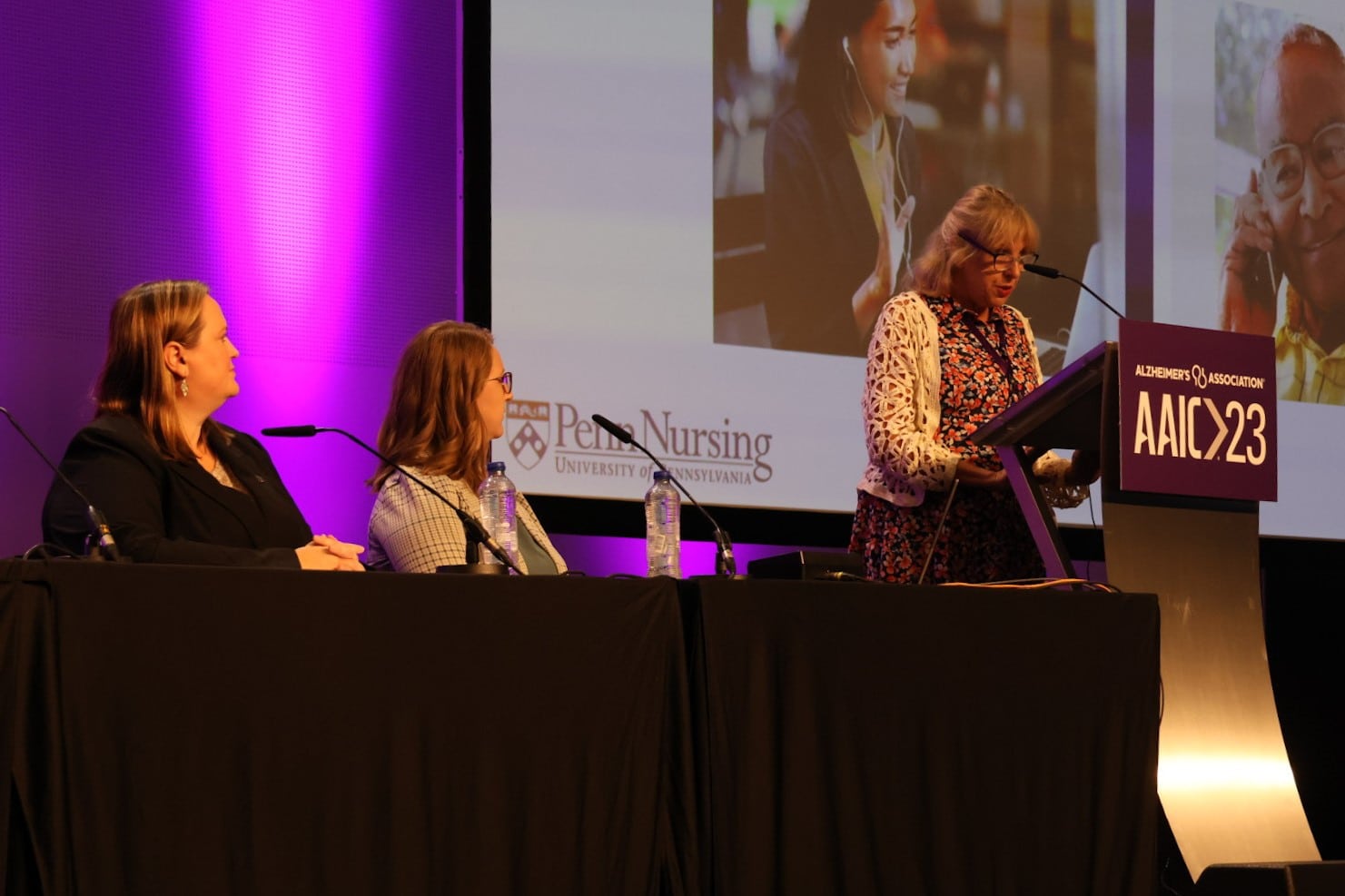
By Cait Kearney
One of the Alzheimer’s Association’s largest initiatives is its free, 24/7 Helpline, which receives more than 800 calls per day and connects callers with master’s degree-level care consultants.
Nancy Hodgson, PhD, RN, FAAN, chair of the department of biobehavioral sciences at the University of Pennsylvania School of Nursing, and her team her were asked to evaluate the Helpline and answer a very important question: Is the Alzheimer’s Association Helpline helpful?
Dr. Hodgson found that 80 percent of caregivers who called benefited from the Helpline in some way.
“One call does make a difference. There was an improvement in callers’ mental health scores and ability to manage emotions,” said Dr. Hodgson.

Nancy Hodgson
Most people who call the Helpline are caregivers. The consultants who field the calls provide caregivers with emotional support, action steps to solve issues, and information to connect the caller to support groups.
In Dr. Hodgson’s study, caregivers who called the Helpline had improved mental health and increased ability to manage emotions a week after the call.
“A single call provided a measurable benefit to caregivers’ mental health, ability to manage emotions and ability to engage in action planning and accessing resources,” Dr. Hodgson and her team wrote in a publication on the study.
The results of the initial study of the Helpline begged important follow-up questions: Why did 20 percent of caregivers not benefit from the call? How could the Alzheimer’s Association make the Helpline useful for those people?
Dr. Hodgson discovered that, unsurprisingly, the callers who did not benefit from the Helpline call had greater emotional needs than callers who did benefit from the Helpline call.
The researchers tested providing a callback. Dr. Hodgson said that a majority of caregivers who received a callback had improved ability to manage the stress and upset associated with their situation.
“Statistically we found that [people who received a second call] had benefits in their ability to manage stress levels, their level of upset, their level of distress, and their level of discouragement,” said Dr. Hodgson.

Dr. Hodgson presents findings at the 2023 Alzheimer’s Association International Conference
With this information the Alzheimer’s Association can help identify callers who could benefit from an additional call and the type of resources that are needed to meet their needs.
“There are tremendous resources available through organizations like the Alzheimer’s Association,” said Dr. Hodgson.
Going forward, Dr. Hodgson and her team are working to better connect health systems to resources at the Alzheimer’s Association, such as the Helpline.
The Alzheimer’s Association Hotline is available 24/7, 365 days a year at 800-272-3900.